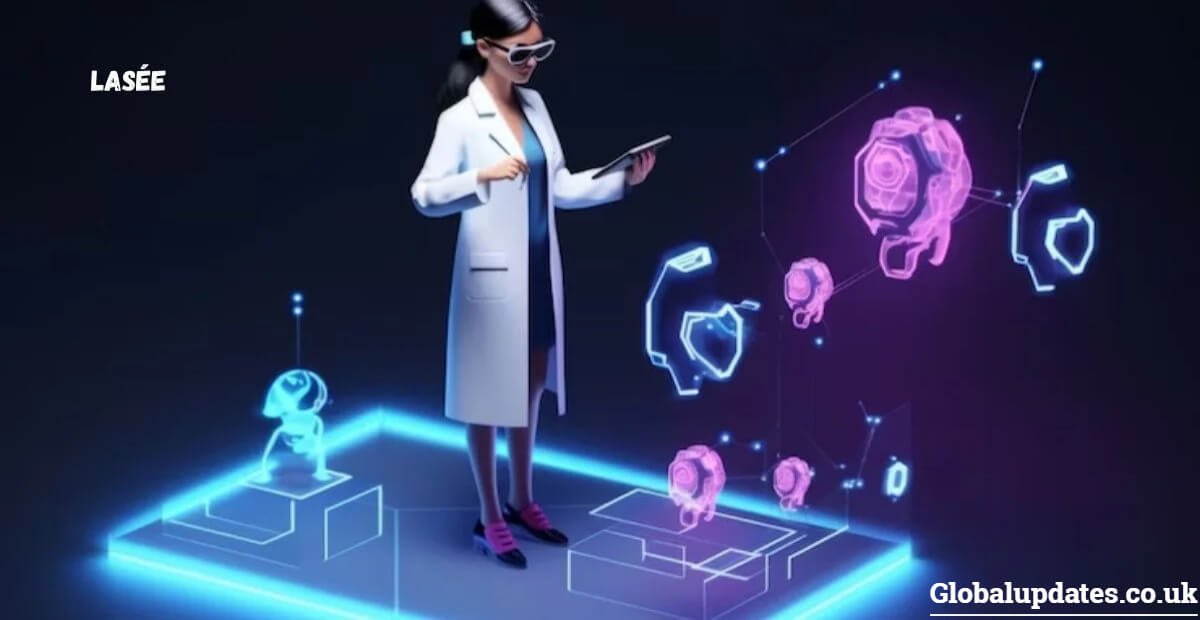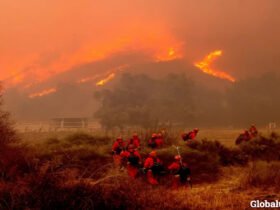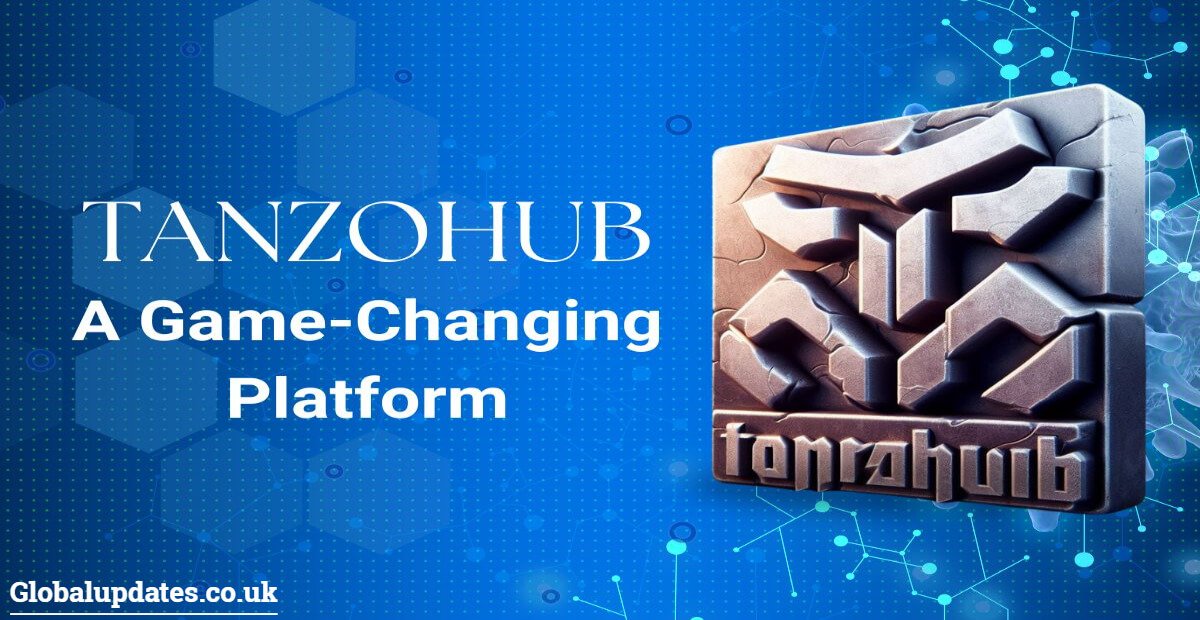History is a tapestry woven with remarkable events that shape our world. From courageous battles for equality to groundbreaking technological advancements, the period between 1954 and 2023 offers a treasure trove of pivotal moments. Each highlight tells a story of struggle, innovation, and transformation that continues to influence our lives today.
As we reflect on these critical milestones, we’ll explore how they have redefined societal norms, impacted global relations, and revolutionized the way we connect with one another. Join us as we delve into the top ten highlights from this dynamic era—each event a stepping stone toward understanding the modern landscape we navigate now. Buckle up; it’s going to be an enlightening journey through time!
The Civil Rights Movement (1954-1968)
The Civil Rights Movement marked a transformative chapter in American history, where the fight for equality took center stage. Pivotal figures emerged, bravely challenging systemic injustice and advocating for change.
In 1954, the Supreme Court’s decision in Brown v. Board of Education declared racial segregation unconstitutional in public schools. This landmark ruling ignited hope and momentum across the nation.
The March on Washington in 1963 became another defining moment when thousands gathered to demand civil rights and economic justice. Martin Luther King Jr.’s iconic “I Have a Dream” speech resonated deeply with Americans yearning for equality.
By 1964, significant progress culminated in the passing of the Civil Rights Act. This legislation prohibited discrimination based on race, color, religion, sex, or national origin—forever altering societal norms and paving the way for future advancements toward equality.
The Moon Landing and Space Exploration (1969)
On July 20, 1969, humanity made history. The Apollo 11 mission marked the first time astronauts set foot on the Moon. Neil Armstrong’s famous words captured a moment of awe: “That’s one small step for man, one giant leap for mankind.”
This monumental achievement was the result of years of research and fervent debate surrounding space exploration. NASA’s relentless pursuit led to breakthroughs in engineering and technology that extended far beyond lunar missions.
The legacy of Apollo 11 reshaped our understanding of space travel. It ignited international cooperation as countries recognized shared goals in exploring the cosmos. Future endeavors have built upon this foundation, fostering partnerships like those seen in projects such as the International Space Station.
Today, we continue to push boundaries with Mars rovers and ambitious plans for returning humans to lunar soil. Each new initiative echoes that historic day when Earth-bound dreams took flight among the stars.
Must Read:
The Fall of the Berlin Wall and the End of the Cold War (1989-1991)
The Berlin Wall stood as a stark symbol of division from its construction in 1961. It represented not only the split between East and West Germany but also the broader ideological clash of the Cold War.
Growing unrest in Eastern Europe, fueled by economic hardships and demands for political reform, set the stage for change. Mikhail Gorbachev’s policies of glasnost and perestroika encouraged openness and restructuring within Soviet influence.
Key figures like Ronald Reagan played pivotal roles in this transformation. His impassioned calls to “tear down this wall” resonated globally, reflecting growing discontent with oppressive regimes.
As protests surged throughout East Germany, pressure mounted that even authoritarian governments could no longer suppress. The fall on November 9, 1989, marked a turning point—uniting families torn apart for decades while heralding a new era of cooperation across Europe.
This seismic shift ultimately led to German reunification and redefined international relations for years to come.
The Rise of the Internet and the Digital Revolution (1990s-2000s)
The rise of the internet marked a pivotal shift in human connectivity. Originating from ARPANET, the groundwork laid in the late 1960s blossomed into a global network in the 1990s. The introduction of web browsers revolutionized access to information.
Suddenly, communication transformed dramatically. Email eclipsed traditional mail, allowing instant conversations across continents. Social media platforms began to emerge, changing not only how people interacted but also how they shared ideas and experiences.
Economically, this digital revolution birthed an entire tech industry. Startups flourished as e-commerce took off; businesses adapted or faced obsolescence. The dot-com boom showcased unprecedented wealth creation while also teaching hard lessons during subsequent busts.
As more individuals gained online access, digital economies thrived—reshaping job markets and fostering innovation like never before. This era laid the foundation for our interconnected world today.
September 11 Attacks and Global Security Changes (2001)
On September 11, 2001, the world watched in shock as four coordinated terrorist attacks unfolded in the United States. Hijacked planes struck the Twin Towers of the World Trade Center and the Pentagon, while another flight crashed in a Pennsylvania field after passengers intervened. The catastrophic loss of nearly 3,000 lives marked a turning point for national security.
In response to these horrific events, U.S. government policies shifted dramatically. The introduction of the USA PATRIOT Act expanded surveillance capabilities and initiated stringent airport security measures that became standard worldwide.
Internationally, relationships transformed as nations united against terrorism. Global coalitions emerged to combat extremist threats through military intervention and intelligence sharing—shaping international relations for years to come.
The repercussions continue today; counterterrorism strategies have evolved significantly since that fateful day. Nations grapple with balancing civil liberties against necessary security protocols amid an ever-changing global landscape.
Advancements in Artificial Intelligence and Technology (2010s-2023)
The last decade has marked an incredible surge in advancements in artificial intelligence. Machine learning and neural networks have transformed how we process data, making it faster and more efficient.
From diagnosing diseases to predicting financial trends, AI is now at the forefront of various industries. In healthcare, algorithms analyze vast amounts of patient data to provide tailored treatment plans. In finance, they’re detecting fraud with remarkable accuracy.
Transportation is also experiencing a revolution with self-driving cars that promise safer roads and reduced congestion. On a daily basis, virtual assistants streamline tasks, making our lives easier.
However, as we embrace these innovations, ethical considerations become paramount. Issues like bias in AI decision-making and privacy concerns must be addressed to ensure responsible integration into society’s fabric. The journey ahead holds immense potential but requires careful navigation through its complexities.
The COVID-19 Pandemic (2020-2023)
The COVID-19 pandemic transformed life as we knew it. It began in late 2019, rapidly spreading across the globe. Governments scrambled to respond, implementing lockdowns and travel restrictions.
Healthcare systems were overwhelmed, exposing vulnerabilities in public health infrastructure. The race for a vaccine became paramount. Scientists around the world collaborated like never before, leading to unprecedented vaccine development timelines.
Economically, countries faced severe downturns. Businesses shuttered while millions lost jobs. Remote work surged as companies adapted to a new normal.
Socially, relationships shifted dramatically; virtual interactions replaced face-to-face meetings. Families found creative ways to stay connected amid isolation.
This experience highlighted critical lessons about preparedness and response strategies for future pandemics—emphasizing the need for global cooperation and robust healthcare systems that can withstand crises of this magnitude.
Climate Change Awareness and Environmental Actions (1954-2023)
Since the mid-20th century, climate change awareness has surged remarkably. Pivotal scientific reports have illuminated the urgent need to address rising temperatures and their effects on ecosystems.
Research like the Intergovernmental Panel on Climate Change (IPCC) assessments highlighted alarming trends. These studies fueled global discussions and made environmental issues impossible to ignore.
Internationally, agreements like the Paris Agreement symbolize collective action against climate change. Countries committed to reducing greenhouse gas emissions while promoting renewable energy sources such as solar and wind power.
Activism plays a crucial role in this movement too. Influential campaigns and grassroots efforts have mobilized millions, demanding accountability from leaders and corporations alike. Media coverage amplifies these voices, pushing sustainability into mainstream conversations.
As public awareness grows, individuals increasingly seek eco-friendly practices, fostering a culture of responsibility for future generations. The journey toward environmental preservation is ongoing; each step taken matters significantly.
Space Exploration Milestones (2000s-2023)
The 2000s to 2023 marked an extraordinary era in space exploration. Rovers like Curiosity and Perseverance have transformed our understanding of Mars. Their findings on the planet’s geology and potential for past life are groundbreaking.
Private companies have also taken center stage in this cosmic journey. SpaceX has revolutionized satellite launches and made strides toward human travel with its Crew Dragon spacecraft. Blue Origin is pushing boundaries too, focusing on suborbital flights while aiming for sustainable access to space.
Looking ahead, exciting plans are unfolding. Lunar bases are no longer just a dream; they’re part of NASA’s Artemis program aimed at returning humans to the Moon by 2024. Interplanetary travel is gradually becoming feasible as technology advances, igniting imaginations about what lies beyond Earth’s atmosphere. The future promises exhilarating discoveries that will reshape humanity’s place in the universe.
The Social Media Revolution (2000s-2023)
The social media landscape has transformed dramatically since the early 2000s. Platforms like Facebook and Twitter emerged, changing how we connect. Instagram added a visual dimension, while TikTok introduced short-form video content that captivated millions.
These platforms have reshaped communication dynamics. People now share experiences instantly and engage directly with brands. Marketing strategies evolved too, as companies harnessed user-generated content for authentic engagement.
However, this rapid growth comes with challenges. Misinformation spreads swiftly, prompting calls for stricter regulations and fact-checking measures. Privacy concerns loom large as users navigate data security in an interconnected world.
Yet opportunities abound in this digital realm. Innovation continues to flourish as creators push boundaries on new platforms. The ongoing evolution of social media reflects our society’s values and priorities—constantly adapting to meet the demands of its users.
Conclusion
The journey from 1954 to 2023 is marked by transformative milestones that have significantly shaped society. The Civil Rights Movement laid the groundwork for equality, while technological leaps like the Moon landing and the rise of the internet redefined human capability and connection.
Historical events such as the fall of the Berlin Wall not only altered geopolitical landscapes but also ushered in a new era of unity. More recently, events like September 11 changed security protocols globally, while advancements in AI are revolutionizing industries at an unprecedented pace.
The COVID-19 pandemic taught us valuable lessons about resilience and adaptability in times of crisis. Climate change awareness has grown tremendously over these decades, prompting global action toward sustainability.
Looking ahead, it’s exciting to think about how these past highlights will influence future trends. As technology continues to evolve alongside social consciousness and environmental responsibility, we may witness even more profound changes shaping our world for generations to come. Embracing this dynamic landscape fosters curiosity about what lies just around the corner—an ever-evolving narrative waiting to unfold.











































Got a Questions?
Find us on Socials or Contact us and we’ll get back to you as soon as possible.